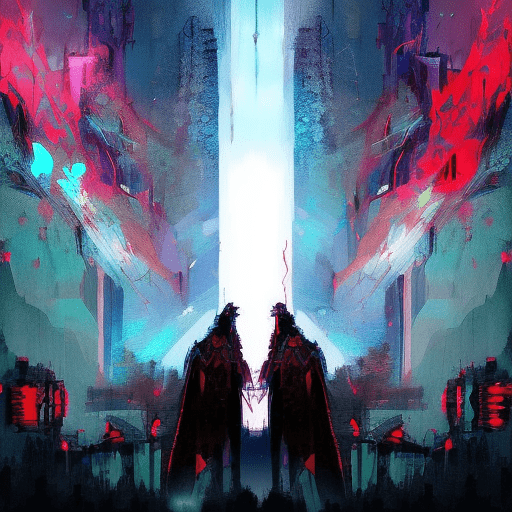One-line summary:
A deeply introspective novel, “Herzog” explores the mind of Moses Herzog as he grapples with his failed marriages, existential crises, and the complexities of modern life.
Exploring the Mind of Moses Herzog
“Herzog” by Saul Bellow is a thought-provoking novel that delves into the inner workings of its protagonist, Moses Herzog. Set in the 1960s, the story follows Herzog, a middle-aged intellectual and college professor, as he navigates through a series of personal and existential crises. Through a series of letters, diary entries, and internal monologues, Bellow provides readers with a deep insight into Herzog’s mind, allowing them to witness his struggles, reflections, and attempts to make sense of his tumultuous life.
Herzog is a complex character who is grappling with a multitude of issues. He is haunted by his failed marriages, particularly his tumultuous relationship with his second wife, Madeleine. As he reflects on these relationships, Herzog questions his own role in their demise and contemplates the nature of love and commitment. He also finds himself constantly questioning his own identity and purpose in life, often feeling adrift and disconnected from the world around him.
The Complexity of Modern Life
Bellow uses Herzog’s experiences to explore the complexities of modern life and the challenges it presents. Herzog finds himself surrounded by a society that values material success and superficiality, which he struggles to reconcile with his own intellectual pursuits and desire for deeper meaning. He is disillusioned with the consumerist culture and the shallow relationships it fosters, yearning for a more authentic and fulfilling existence.
As Herzog grapples with these existential questions, he also finds solace in his intellectual pursuits. He is an avid reader and thinker, constantly engaging with philosophical ideas and literary works. Through his musings and reflections, Bellow raises profound questions about the nature of human existence, the search for meaning, and the role of art and literature in providing solace and understanding in a chaotic world.
A Journey of Self-Discovery and Redemption
Throughout the novel, Herzog embarks on a journey of self-discovery and redemption. He travels to various locations, including his childhood home in Canada and a remote cabin in the Berkshires, in an attempt to find clarity and reconnect with his inner self. These physical journeys mirror his internal quest for understanding and personal growth.
As Herzog reflects on his past and confronts his own flaws and mistakes, he begins to find a sense of peace and acceptance. He learns to let go of the past and embrace the present moment, finding solace in the beauty of nature and the simple joys of life. Through this process, Herzog begins to rebuild his shattered sense of self and finds hope for the future.
- Key takeaways from “Herzog” include:
- The exploration of personal identity and the search for meaning in a complex world.
- The examination of the complexities of love, relationships, and the impact of past traumas.
- The role of literature and intellectual pursuits in providing solace and understanding.
- The importance of self-reflection and the journey of self-discovery.
- The potential for redemption and personal growth.
“What is the source of our first suffering? It lies in the fact that we hesitated to speak. It was born in the moment when we accumulated silent things within us.”
In conclusion, “Herzog” is a deeply introspective novel that explores the complexities of the human mind and the search for meaning in a chaotic world. Through the character of Moses Herzog, Saul Bellow raises profound questions about identity, love, and the role of literature in providing solace and understanding. The novel serves as a reminder of the importance of self-reflection, personal growth, and the potential for redemption in the face of adversity.












